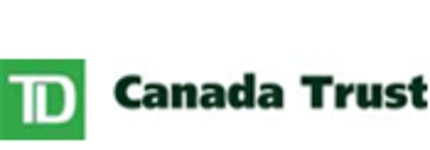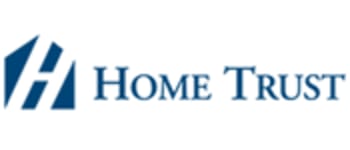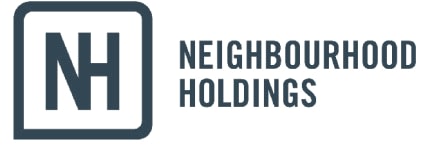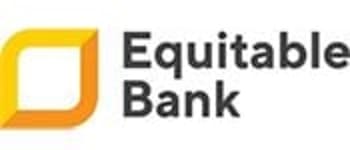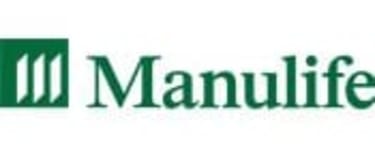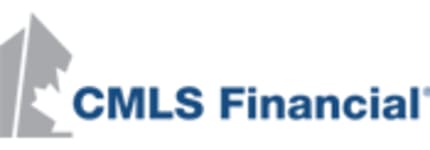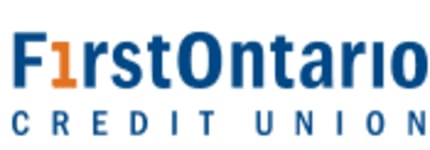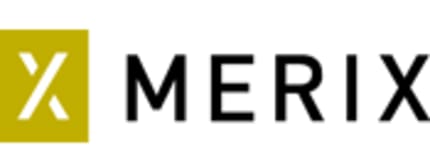Building Canada’s Best Mortgages.
We pride ourselves on finding solutions for any situation no matter how complex. Our team is committed to going above and beyond for our clients to ensure they are set up for a successful financial future. Join our family today and enjoy decorated services with unparalleled access to Canada’s top lenders at the lowest possible rates.

Tired of passing your hard earned rent over to your landlord? Maybe you've built up some savings and have a downpayment for your own property. No matter what your situation is, I help simplify the buying process and worry about all the financing details so you can get down to finding just the right property as fast as possible.

Refinance up to 80% of your home’s value quickly and easily to pay off high-interest credit card debt that has caused your cash flow to slow to a trickle. Worried about penalties? Don’t think it can make much difference? Think again. By using your home equity to consolidate your debt, you can improve monthly cash flow, have one easy payment, and be mortgage-free quicker.

Renew with the advantage of 65 lenders. Having multiple lenders compete for your business is a great way to ensure you get the best rate for your situation. I deal with multiple lending institutions, including major banks, credit unions, trusts and other national and regional lenders, which means significant negotiating power behind finding the best mortgage to fit your specific situation.

When it comes to mortgages, it hasn’t always paid to be self-employed namely because reducing your taxable income can make it difficult to qualify for the mortgage you deserve. I work with lenders that offer excellent mortgage options for selfemployed Canadians. These lenders understand that self-employed individuals have tax write-offs creating significant reductions in their declared income.

Are you held back by high-interest rate debt? Get debt-free sooner and immediately increase monthly cash-flow by consolidating all your debts into one lower interest rate. Avoid paying high interest rates on your bank’s credit card debt by adding that debt to your mortgage and pay a much lower interest rate.

Achieve your business goals quickly and efficiently with expert advice from seasoned members of our team. We have been processing complex construction deals for many years. Contact us today and get the SJC Financial advantage. Enjoy Ottawa’s lowest construction financing rates. We offer sound financial advice for both new and experienced business owners.

We can help you determine if a second mortgage is right for your financial plan and future. This type of mortgage can be an excellent idea if you are wanting to pay down expensive debt such as high interest loans and credit cards. Our expert agents will explain the benefits and risks of taking out a second mortgage and secure an excellent rate if you decide to proceed.

Do you find yourself getting declined for mortgage approvals? Reach out to our team and we will get you approved so you can achieve your goals and acquire the property you’ve been searching for. SJC Financial has an excellent approval rate and has the proven ability to change the decline on even the most challenging cases.
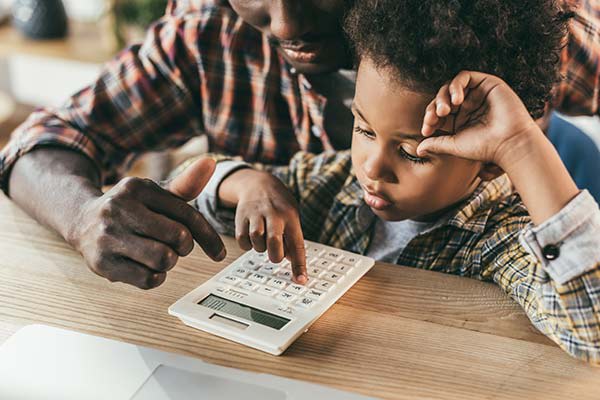
A mortgage pre-approval is an important step in the home buying process and we can help you out. I can help with your financial strategy, your mortgage amount, down payment amount, purchase price and give you an overall idea of what you can realistically afford. Pre-approvals are subject to your continued good credit and are usually good for 60, 90 or 120 days depending on the lender.
Welcome to SJC Financial.
Take advantage of a highly knowledgeable finance team with unparalleled access to Canada's finest lenders.
We offer years of award winning service and access to over 65 lenders so you can feel confident that you are getting the best rate and financial advice in Canada.
Get Started Learn More
Efficient Low Stress Applications.
We work hard to understand your situation and find the best way to secure your financing.
Our team strives to maintain a high approval rating for our clients. When you join the SJC family you are significantly increasing your probabilities of securing a low rate with a quality lender.
Get Started Learn More
24 Hour Approval for Any Situation
SJC Financial's mortgage process is fast, easy, and intuitive each step along the way.
Learn More Get Approved
What Clients Are Saying
-
What can I say, Steve and team worked tirelessly to help me secure a mortgage during a very exhausting process. This mortgage was not as simple as perhaps some of the others. My wife and I just moved back from a different city, had a 3 month old and I started a new job earlier in the year. It took me over 6 months to purchase a house and secure a deal. After the exhausting efforts during a very tough market, Steve and his team at SJC Financial gave me an opportunity to move forward and start my real estate investment journey. His tireless efforts, guidance and knowledge of the industry is what made this all possible. My situation was complex, my income was variable and the pandemic has made banks more insecure than ever... - Patrick and Stephanie
Patrick Kiwan
What is a mortgage going to cost you each month?
Try one of our easy to use mortgage calculators below to get a quick idea. If you have any questions, simply call or email for fast service.
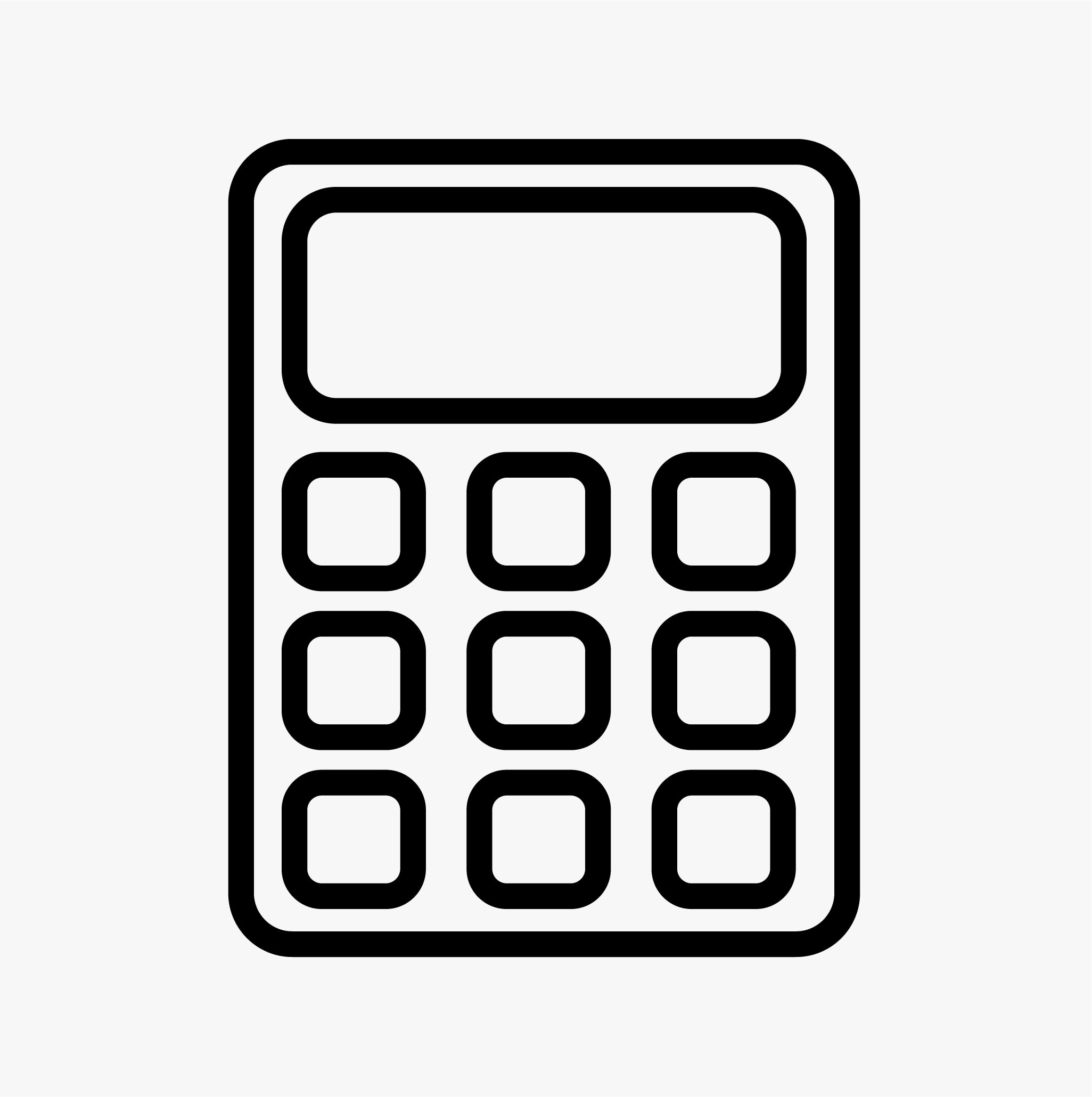
Maximum Mortgage
Calculate the maximum mortgage amount you qualify for based on your income. A great tool for buyers.
Click to View

Renewal or Refinance
Calculate your renewal or refinance with our easy to use calculator. A great tool for current home owners.
Click to View
From the Blog
Posted Aug 17th, 2021
When you make a deal to buy a home, in addition to thinking about how much money to provide, you likewise need to think about any conditions that you want to include.
Read more
Posted Feb 25th, 2021
When most people want to buy a home, they get a list of local banks and mortgage companies to start comparing the available financing options.
Read more
Posted Feb 10th, 2021
Separation and divorce present many challenges. It's a situation you likely never thought you'd never be in, but now there are personal and financial consequences to handle.
Read more













